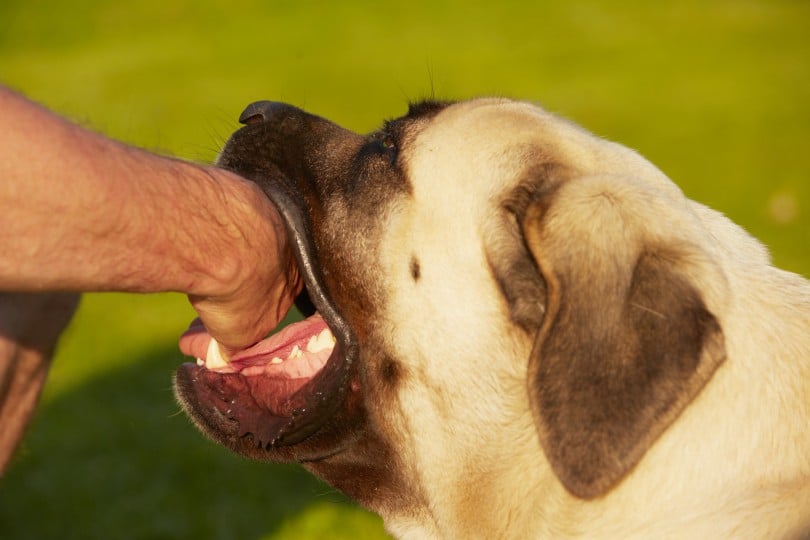(A) Symptoms of Rabies:-
After exposure to the virus, the symptoms may appear within a week or even after a year. In most people, the symptoms develop in about eight weeks. Symptoms occur more rapidly after bite on the head or neck, as the rabies virus travels more quickly to your brain. Initial symptoms of rabies are usually loss of appetite, pain at the site of bite and headache. Enlisted here are the common signs and symptoms of rabies.
1. Fever
2. A headache
3. Agitation or restlessness
4. Anxiety or fretfulness
5. Confusion
6. Difficulty in swallowing
7. Increased or excessive salivation
8. Fear of water (hydrophobia) as a result of the difficulty in swallowing
9. Hallucinations or delusions
10.Insomnia
11.Partial paralysis
(B) Treatment for Rabies
After exposure to the rabies virus, you will receive injections to prevent the infection from taking hold of your body. Any suspicious animal contact must be treated immediately with rabies immunoglobulin injection, rabies vaccine and antibiotics.
(C) Treatment after bitten by animals:-
Clean the wound properly with soap and water after an animal bite. Consult your physician for advice regarding rabies vaccine. After the examination, your doctor will recommend the vaccination schedule.
(D) Your doctor will advice rabies vaccine if:-
You are bitten by an animal known to have rabies, or
It is not known if the animal has rabies (it is best to assume that the animal has rabies).
There are 2 types of injection for protection against rabies after an animal bite. These include
Rabies immunoglobulin: Human rabies immunoglobulin (HRIG) shot is fast-acting and helps to prevent the virus from infecting you. It involves giving injections near the bite
Rabies vaccine: The vaccine is given over a period of about 1 month and it helps your body learn to identify and fight the rabies virus. These are given as injections in your arm.
(E) How to determine whether the animal that bit you has rabies?
You can easily identify if the animal that bit you have rabies. Like, if the animal is a pet dog or cat that is vaccinated properly for rabies you won't need shots. If you can locate and observe the animal that has bitten you within 10 days and the animal remains healthy in this period then you probably won’t need a rabies shot.
You must consult your doctor immediately after any type of contact with animals to stop the virus from spreading into the whole body.



 Contact Us
Contact Us







 Hospitals
Hospitals
 Doctors
Doctors
 Diagnostic
Diagnostic
 Pharmacy
Pharmacy
 Health Tips
Health Tips
 Blog
Blog

















Comments